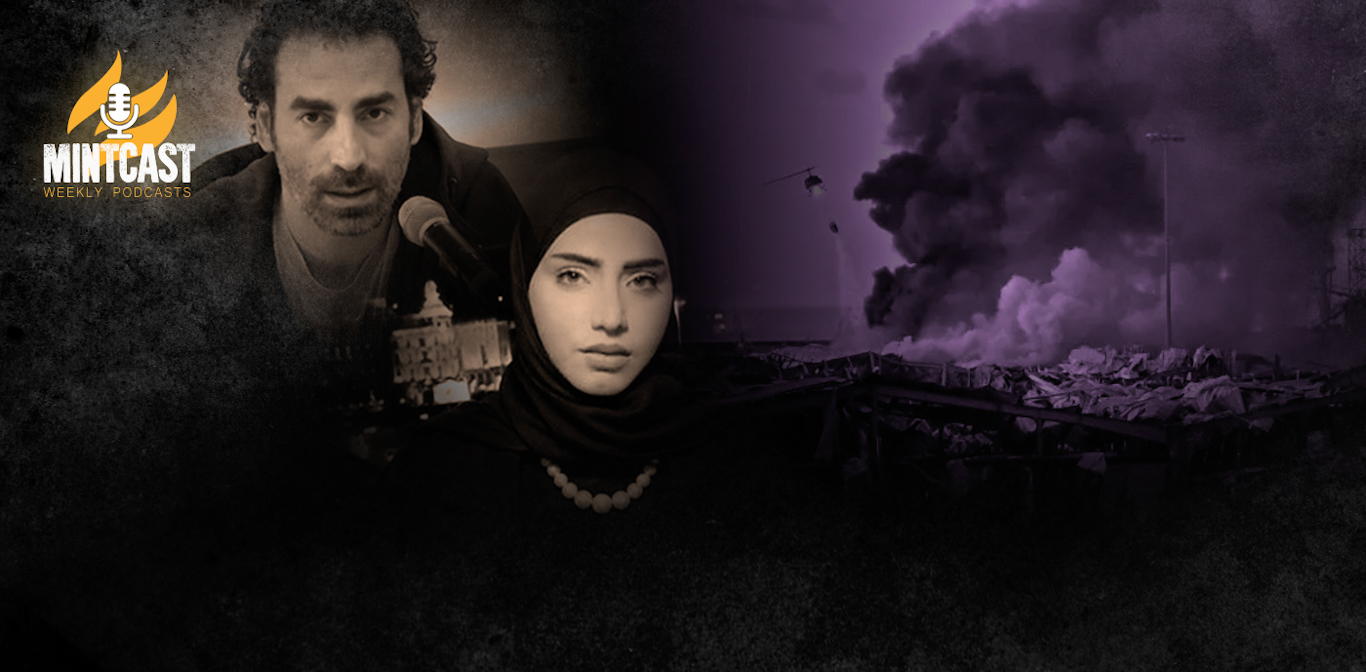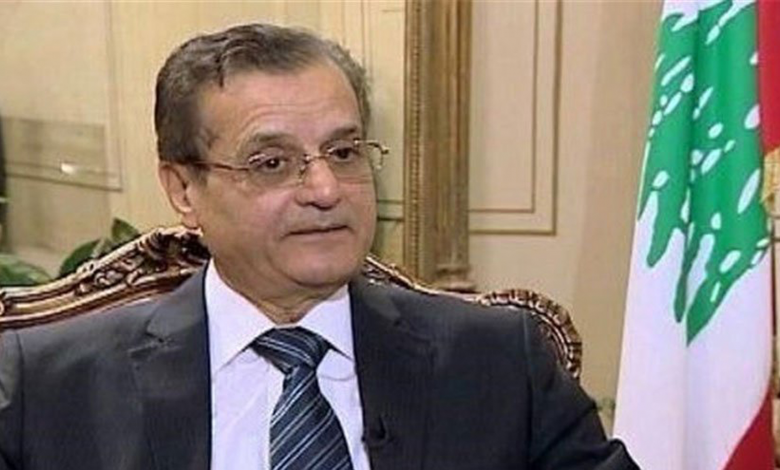
August 12, 2020
A quick update on the events in Belarus:
To make a long story short, two major developments have happened:
- My guess is that by now Lukashenko has now figured (again) that the West wants him dead AND he has figured out that he has been conned by the Ukie SBU and, most likely, elements inside his own KGB.
- The Belarusian security forces (riot police and KGB) have ruthlessly cracked down on the opposition and right now they seem to be in control of the situation.
I base my first conclusion on the clear and sudden change of tone of Lukashenko who, yet again, praises Putin and Russia and who is now playing nice hoping that the Kremlin will forget what just happened (it won’t)
As for the second conclusion, now that the Internet has been reopened (Belarus and the West accuse each other of having disconnected it), there is a lot of media (video and images) coming out of Minsk and other Belarusian cities and it appears that the following has happened:
While many people did sincerely and peacefully protest, a number of criminal elements were recruited (for US dollars) and they instantly attacked the security forces with great skill and violence: cops were lynched, some were shot (at least one), agent provocateurs even ran over cops with their cars, one guy was caught with 10’000 USD in the streets during the riots and his explanation was “this is my money” (as if anybody in his right mind would carry large sums of money in the midst of riots), others were caught with knives, baseball bats, Molotov cocktails, radios, flash-bang grenades (from Poland), fireworks, etc. etc. etc. Many of the hardcore rioters have multiple criminal convictions in the past and were well known by the authorities. Last but not least, some of these rioters had Ukie-style Nazi tattoos all over their bodies. What else is new….?
Predictably, the riot police retaliated in kind and started beating the crap out of anybody breaking the law and, alas, also beating the crap left and right of people who were not doing anything illegal (including severely beaten up journos, including Russian ones).
It appears that for the time being, the Belarusian KGB has the upper hand and that many of the subversives which were caught by the KGB were run by the Ukraine and Poland.
As for the main opposition figure (officially, she got 10% of the vote), she has now left for Lithuania (probably because her husband’s curators are located there).
Conclusion:
While the plot to create a major crisis between Belarus and Russia has been foiled thanks to the Russian FSB (молодцы ребята!), the plot to overthrow Lukashenko is still ongoing and might very well succeed. For one thing, people are really angry at the violence of the Belarusian cops. Second, the Belarusian economy is hurting and Russia cannot forever “carry” Belarus on her back. Third Lukashenko has been in power for way too long and for all this time he “sat between two chairs” – this has to change and it will change, the only question is will it change for the better or for the worse?
At the very least, Moscow should now demand that Lukashenko fire his Russia-hating foreign Minister, Makei, and the head of the Belarusian KGB, Vakulchik, (if these men had any sense of honor, they would immediately resign by themselves but, clearly, they do not…) and renew the talks on fully uniting Belarus and Russia.
As for Lukashenko, he has to put his actions were his mouth is and take retaliatory sanctions against the USA and the EU. Now, obviously, Belarus has no economic levers to use against the West, but what Minks could and SHOULD do is to reduce the size of all the key diplomatic missions, embassies, consulates, etc. from the worst offending countries: USA, the Ukraine and Poland. This would not only be fair, it would be prudent as it is 100% clear now that these countries stand behind the current crisis and they will do all they can to turn a (comparatively heavenly) Belarus into the kind of Banderastan they turned the long-suffering Ukraine into.
Finally, it appears that the opposition (law abiding and other) are now talking stock of their apparent initial failure and a regrouping for the upcoming week-end.
At this point, the AngloZionist Empire does not need to pretend to like Lukashenko anymore (that plan has failed), so they can do something which they are very good at: provoke more and more violence, forcing the state to resort to violent repression (that is the “action is in the reaction” tactic) and then all that is needed is what they have successfully done in Riga, Vilnius, Moscow (1993), Kiev, Aleppo and many other places: send in professional snipers to shoot at BOTH sides, thereby creating a civil war.
Will the Belarusian KGB be capable of intercepting all the teams which will probably be sent in?
Maybe. The Belarusian KGB is, unlike its Ukie SBU counterpart, mostly formed of competent professionals who had all the time needed to carefully study what happened in the Ukraine, how it happened and why it happened. So they can probably keep control of the situation for a while longer, but it is anybody’s guess for how long.
Personally, I can only repeat that I have zero confidence in Lukashenko and I don’t believe that an independent Belarus is viable. The only solution I see is a full integration of Belarus into Russia.
















